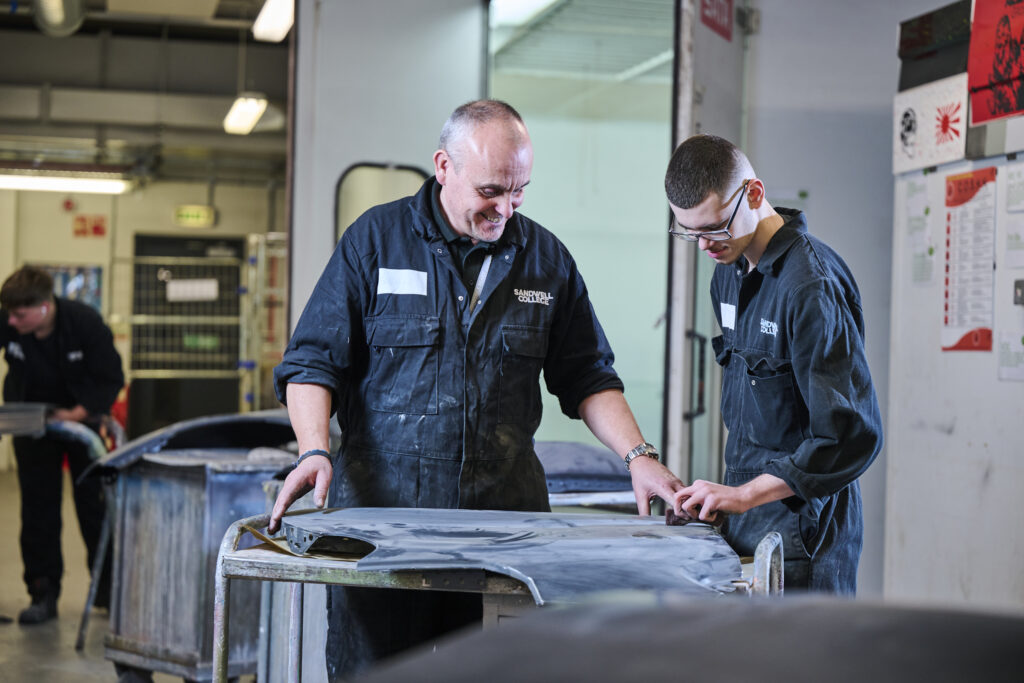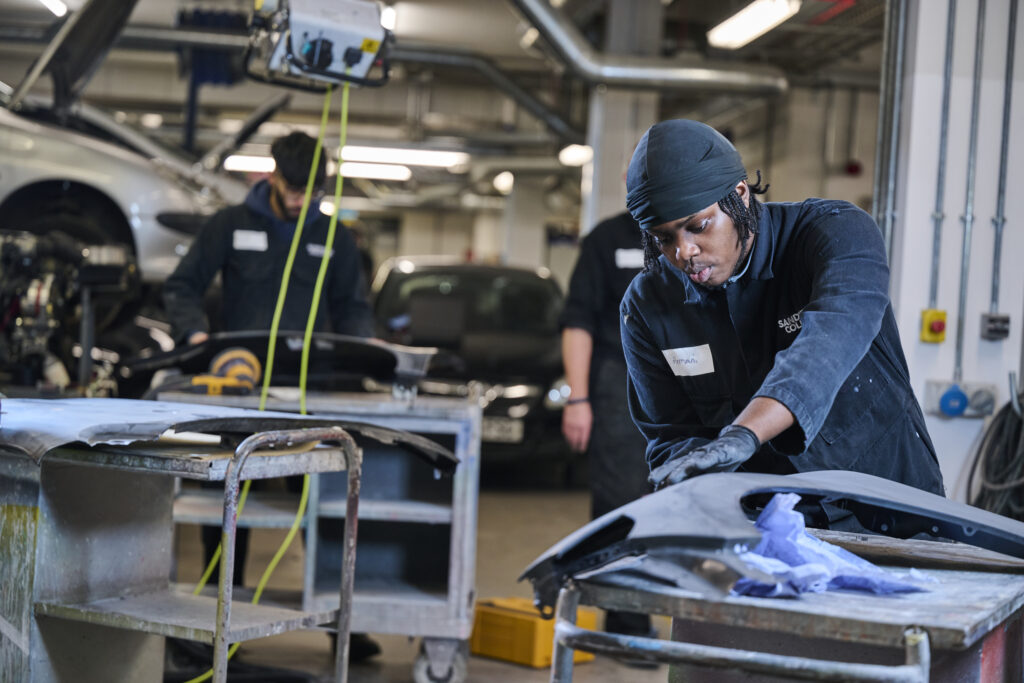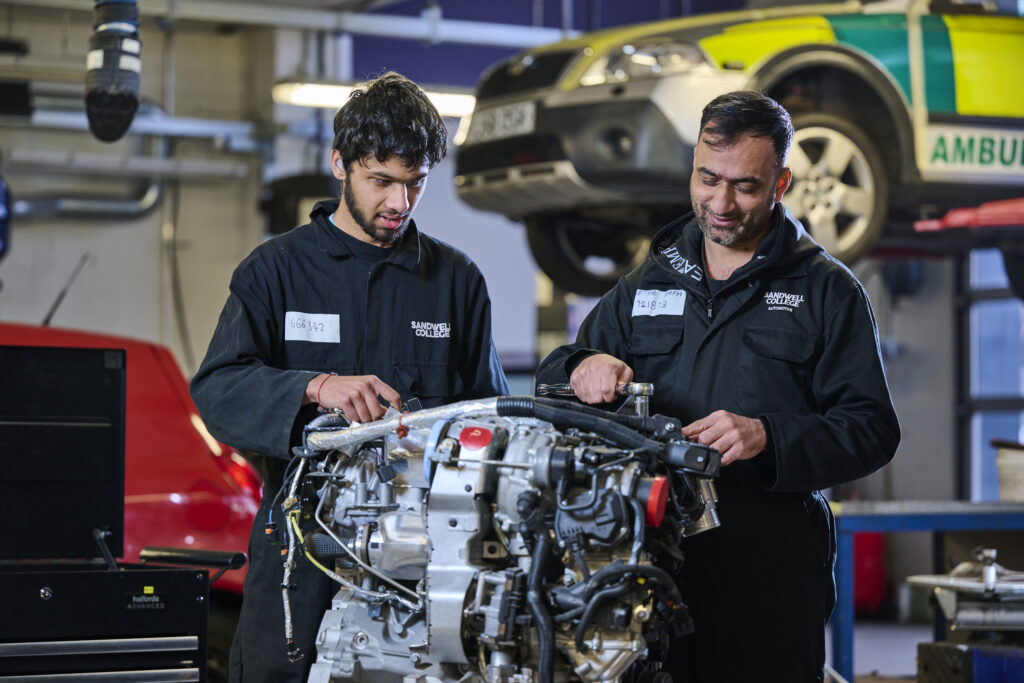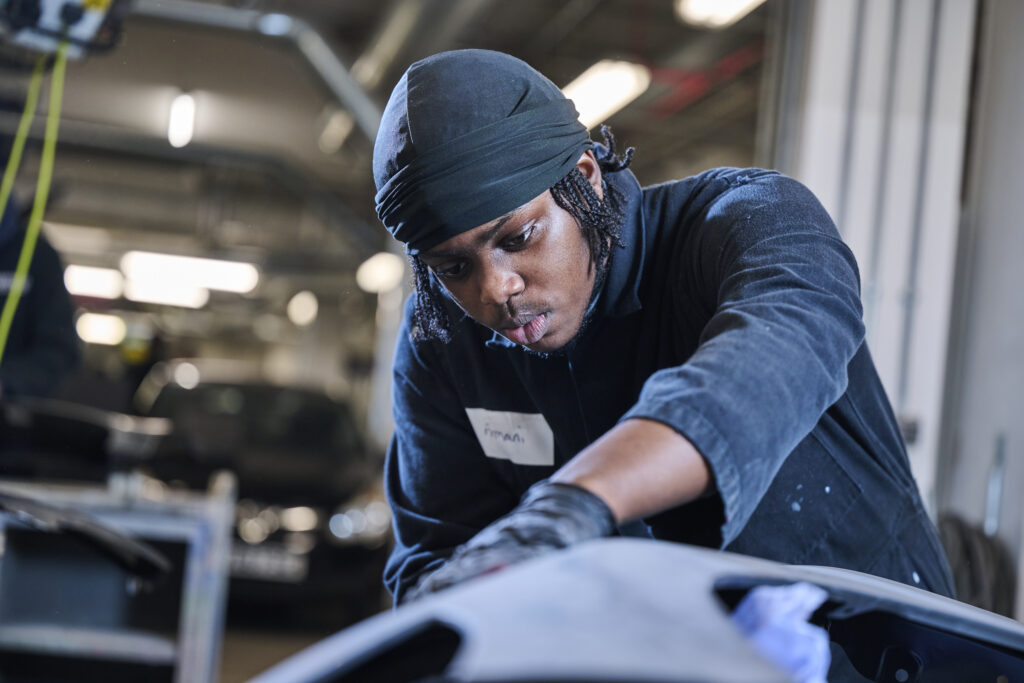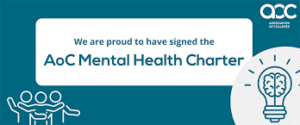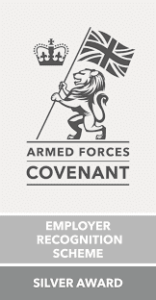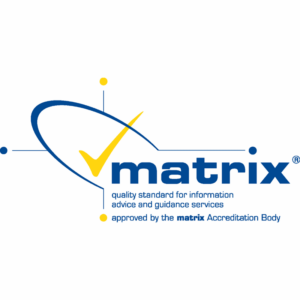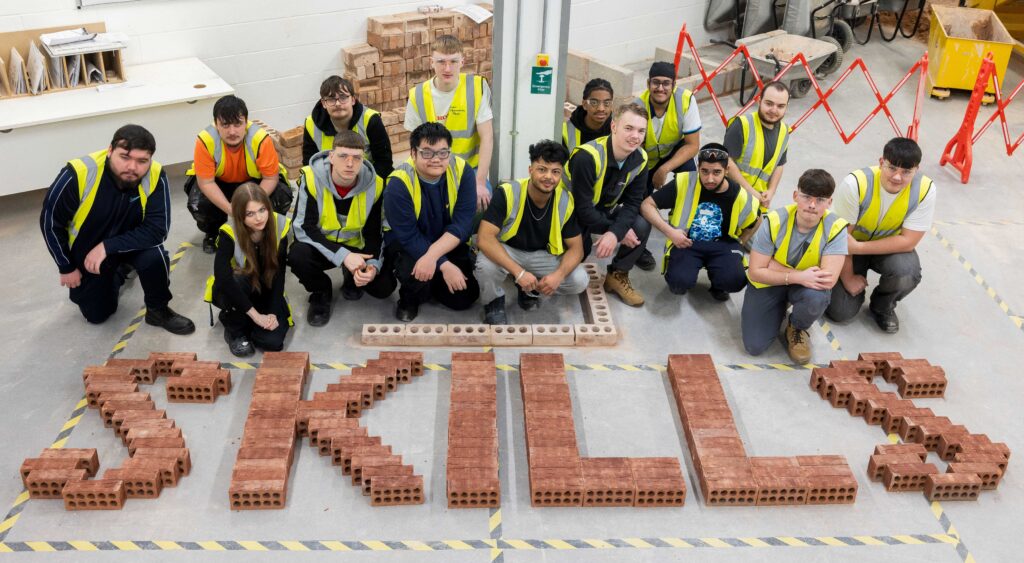Course summary:
The Level 1 Diploma in Vehicle Maintenance is designed for learners aged 16-19 years old. It targets individuals interested in:
• Light and Heavy Vehicles
• Motorcycles
• Land-Based Engineering (including agricultural and construction machinery)
• Leisure Craft
This qualification helps students develop basic knowledge and skills in motor vehicle systems. Successful learners will gain foundational skills necessary for pursuing an automotive apprenticeship or as an introductory course for a broader audience interested in the automotive field.
Course modules:
This qualification consists of a combination of units from:
Core Units
• Health and Safety: Understanding safety practices in the workshop.
• Basic Vehicle Systems: Introduction to key systems in light vehicles (engine, transmission, brakes, etc.).
Practical Skills
• Vehicle Maintenance: Hands-on experience with routine tasks (oil changes, tire checks, etc.).
• Diagnostics: Basic troubleshooting techniques for identifying faults.
Theoretical Knowledge
• Vehicle Components: Learning about different parts of light vehicles and their functions.
• Maintenance Procedures: Understanding standard maintenance practices and schedules.
Links to employers:
At Sandwell College, we work closely with a range of respected employers to help prepare you for the world of work. Through our industry connections, you’ll gain valuable insights and experience that reflect real workplace expectations.
Some of the employers we collaborate with include Individual Specialist Cars, Fred Smith, Peggs Accident Repair, Morgan Cars and Direct Line Group — all offering opportunities to learn from professionals, understand industry trends, and develop the skills that matter most to employers today.
Facilities:
Sandwell College offers modern and well-equipped automotive facilities designed to provide students with a hands-on learning experience. Key features include:
1. Specialised Workshops: Dedicated spaces for vehicle repair, maintenance, and bodywork, equipped with industry-standard tools and equipment.
2. Diagnostic Technology: Access to advanced diagnostic tools and software used in the automotive industry for fault finding.
3. Classroom Facilities: Theoretical learning spaces with resources for studying automotive principles, safety regulations, and industry practices.
4. Real-World Simulations: Opportunities for practical experience, allowing students to work on actual vehicles under the supervision of experienced instructors.
5. Industry Links: Collaborations with local businesses and automotive companies, providing students with insights and potential work placements.
Our facilities aim to enhance practical skills and prepare students for careers in the automotive sector.

